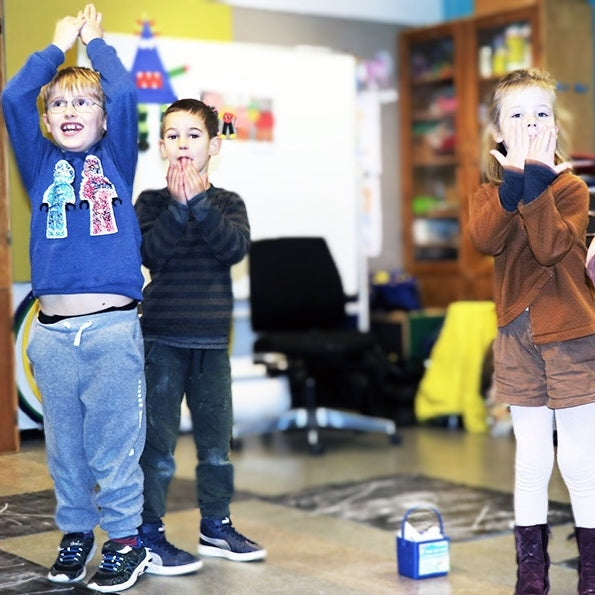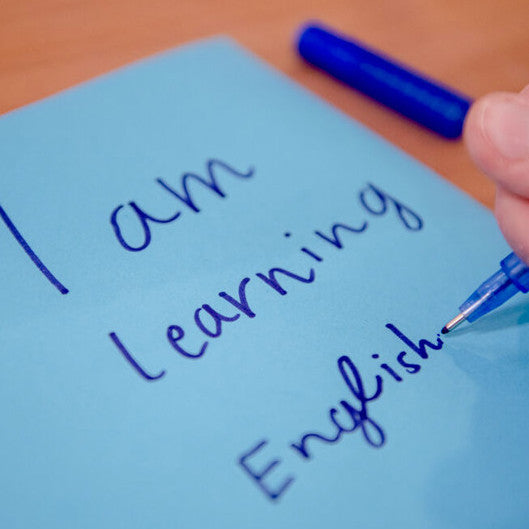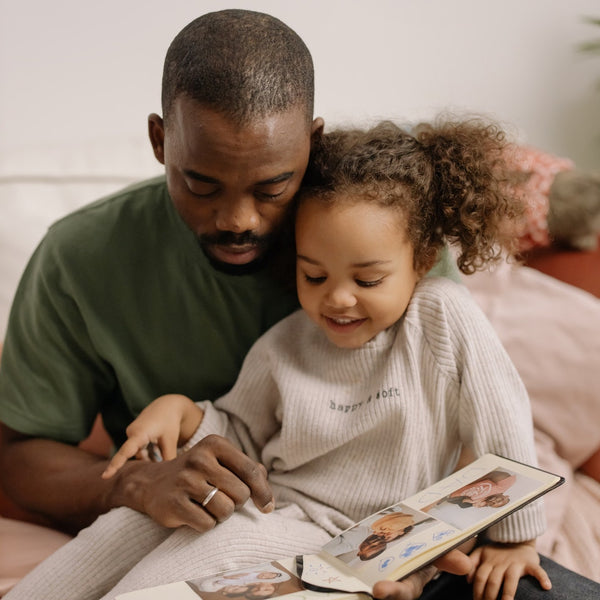Research -- StepUp to Learn
Slow Learner? It Could Be From Long-Term Stress
Long-term stress -- to which children are increasingly exposed -- can potentially cause serious damage to the brain, according to a new study.
How to Boost Children's Letter Sound Recognition
Children who did this became twice as proficient at difficult letter sounds compared to those who received traditional instruction.
Early English Lessons Have Lasting Effects
An earlier study had raised doubts about the effectiveness of learning English in the first grade. This new research challenges that assumption.
Speech and the Brain: New Research Challenges Common Assumption
What happens in our brain when we speak? This important brain research shows how different brain areas all work together to create the ability to make “speech sounds” quickly and accurately.
How The Brain Says 'Oops!'
How do we learn from our mistakes? This important brain research helps us understand how our brains detect our mistakes.
How to Boost Your Child's Resilience at School
This activity at home can triple a child’s resilience at school, particularly for children at-risk.
How to Get Kids on a Path to Better Wellbeing
Toddlers whose mothers received special coaching in this activity grew into teenagers who experience better wellbeing.
"Do You See What I See?" How Cultural Diversity Impacts Attention
New insights into the role of social interaction and cultural diversity in the development of attention.
Words Count: Study Shows Words are Needed to Think About Numbers
Among adults who vary in their knowledge of number words, the ability to reason about numbers is bound by the highest number they can count to.
Mapping the Musical Mind
Interesting patterns of brain activity emerge during children's musical analysis exercises.
Singing & Fine Motor Control
Scientists key in on the brain's mechanism for both singing and learning fine motor skills.












